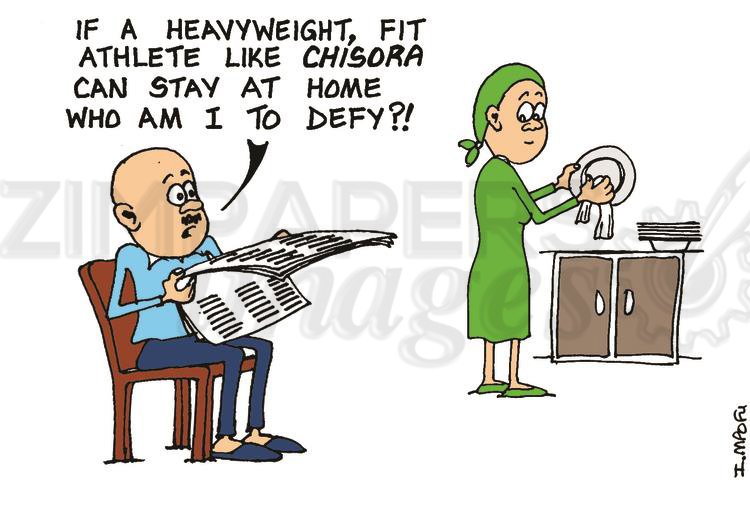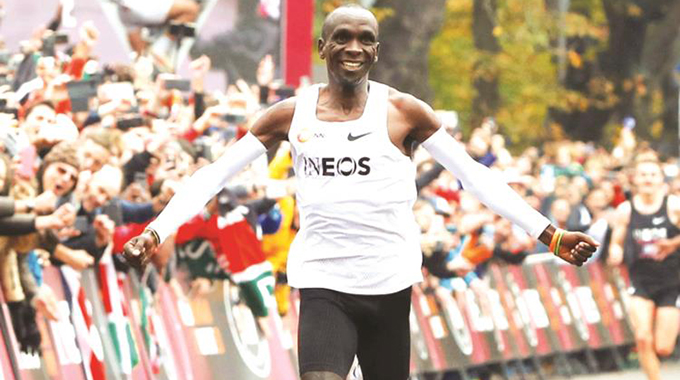The demise of young African footballers

Phillip Zulu Special Correspondent
THE failure by most African football wonderkids to fully develop into established top-flight stars over the years has manifestly brought serious scrutiny on those athletes and the development pathways that ushered them on the elite leagues of Europe and their demise.
Our approach towards junior football development programmes across the breadth and width of Africa has exposed our inertia to change tact, an unintelligible mindset that is mired in the same time lapse orthodoxy of taking football as a leisure activity and non-commitment by government policies of almost every African country.
The emergency of Ghana’s Nii Lamptey, Julius Aghahowa of Nigeria and many others raised our hopes of witnessing a new era of would be top exciting young footballers who were meant to replace the likes of Nwankwo Kanu, Jay Jay Okocha, Lucas Radebe, our own Peter Ndlovu and many other top stars from Africa who plied their trade in Europe.
We foolishly believed that our upward trajectory was in motion and yet when we look back, it was a dream too good to manifest in broad daylight.
Football continuity is rare in our planning processes and this is a stubborn fact in almost every club’s strategic planning (if ever they exist in our boardrooms in Zimbabwe and Africa), where we fondly indulge in nostalgia of our once great past of the talents that mesmerized our opponents in highly competitive fixtures.
We don’t look back in our history to check whether we will be able to scout for young emerging talents, patiently horne and mentor their skills to match or surpass the levels of our yesteryear heroes. We are so poor in objectivity of sound thinking, establishing minimum expectations of realistic goals and, devoid of the labouring attitudes that brings success timeously.
Our football development programmes are just a littered indiscriminate attempt by solo individuals whose passion and past football history is the driving force, nothing from the corporate world and the government, this environment is diametrically opposed to the realities of how the game works in these top European leagues where we aspire to send these half-baked players that we deem “wonderkids”.
Any football development programme should be hinged on government policies of education and training, psychomotor skills mentoring in the formative years of early curriculum development (ECD), so that an established modicum of competence is witnessed throughout the seams and strands of all participants as they reach their peaks.
This approach is classroom-based and sadly, highly ignored in sports and arts related activities where the multitudes of our poor folks endeavour to make a living without proper mentoring during their formative years.
When governments preach about investing resources and quality time, this should be a comprehensive approach that brings solutions to the current malaise where we celebrate a 20-year-old player basking in the glory of 16-year age-groups.
All African governments have shown total commitment and devotion in education programmes from primary school right up to university levels of higher learning but, they have serially marginalised the vast majority of students whose competence in class lagged behind the top performers thus creating an underclass gathering of an endlessly bursting numbers that soldier on in very delicate environments where they missed the boat at tender ages of 6-14 years.
Peter Ndlovu is one great example of psychomotor mentoring though. Highlanders did play a huge part in his early football development in Mzilikazi where his interest for football from the family was interned and this mix brought the best in his schooling activities of sports.
The mix is missing when we witness an over-academising every soul out there with scarce resources, yet the outcomes of such high profile education investments only produce very few refined graduates at the expense of these young people whose destinations will be drawn on the streets and roadsides of their ghettoes.
The parity in allocation of national resources has been a thorny issue for years and it’s disturbing to witness a mismatch of resources from the exchequer of the treasury being ploughed to the gifted scholars and nothing to the budding sportsperson whose development had been dealt huge blow at the age of 6-10 as the policies discriminate their God-given abilities that we celebrate in other kids in Europe when they reach their self-actualization stages in their careers.
Everyone who has witnessed the rise of Kylian Mbappe of French League 1 side PSG will definitely see the huge gaps that we are inducing to our youngsters in Africa through ignorance, arrogance and unbridled obsession on the top performing scholars. Failure is not only measured on an individual but, scrutiny of the whole environment should inform our judgements of how success was unattainable and the solutions, dovetails the strategic planning processes that we so much cherish to produce the special talents we crave for.
Peter Ndlovu remains the best youngest athlete from Zimbabwe and Africa as a whole, yet even Highlanders, ZIFA or the Government, have never been critically engaging any programmes of finding the next Peter Ndlovu, from the ages of 6-10 and then labour with all intents to horne skills of our legends.
The fact that Nii Lamptey and Julias Aghahowa, and many others failed to hit the headlines of top European football is business as usual in Africa as we can see zero efforts at all levels to reverse such a tragedy.
In a 30-year span since Peter Ndlovu emerged from Highlanders and mesmerized the English Premiership league, nothing has been solidly planned to scout and produce the big player after “the Fyling Elephant”, we are always wishing that a new young exciting talent comes along but modern football doesn’t work that way, the labour of love for football goes deeper and it involves everyone right from government policies, communities, clubs, the corporate world and the fans. Developing young talents is a delicate process that involves pragmatism and robustness, patience, expertise in comprehensive junior football curriculum and a competitive environment that offers continuity towards excellence.










Comments